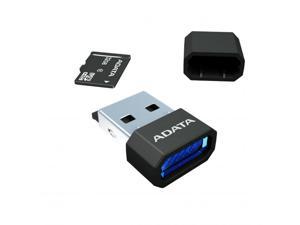DavidIrwin
Cadet
- Joined
- Jun 1, 2015
- Messages
- 8
I have recently purchased an HP MicroServer Gen8 and installed freeNAS onto an old 250Gb HDD.
Having decided that freeNAS really does work and is relatively easy to get running for what I need I have now purchased a 32Gb microSD card to use as the boot device (there is a convenient microSD card slot inside the server so I don't need to lose one of the 4 HDD bays for the boot drive).
My question is fairly simple (I hope). Is there a mechanism inside freeNAS to move the boot device from the HDD to the microSD (which I believe is shown as a USB storage drive by the BIOS)?
Thank you
David
Having decided that freeNAS really does work and is relatively easy to get running for what I need I have now purchased a 32Gb microSD card to use as the boot device (there is a convenient microSD card slot inside the server so I don't need to lose one of the 4 HDD bays for the boot drive).
My question is fairly simple (I hope). Is there a mechanism inside freeNAS to move the boot device from the HDD to the microSD (which I believe is shown as a USB storage drive by the BIOS)?
Thank you
David

